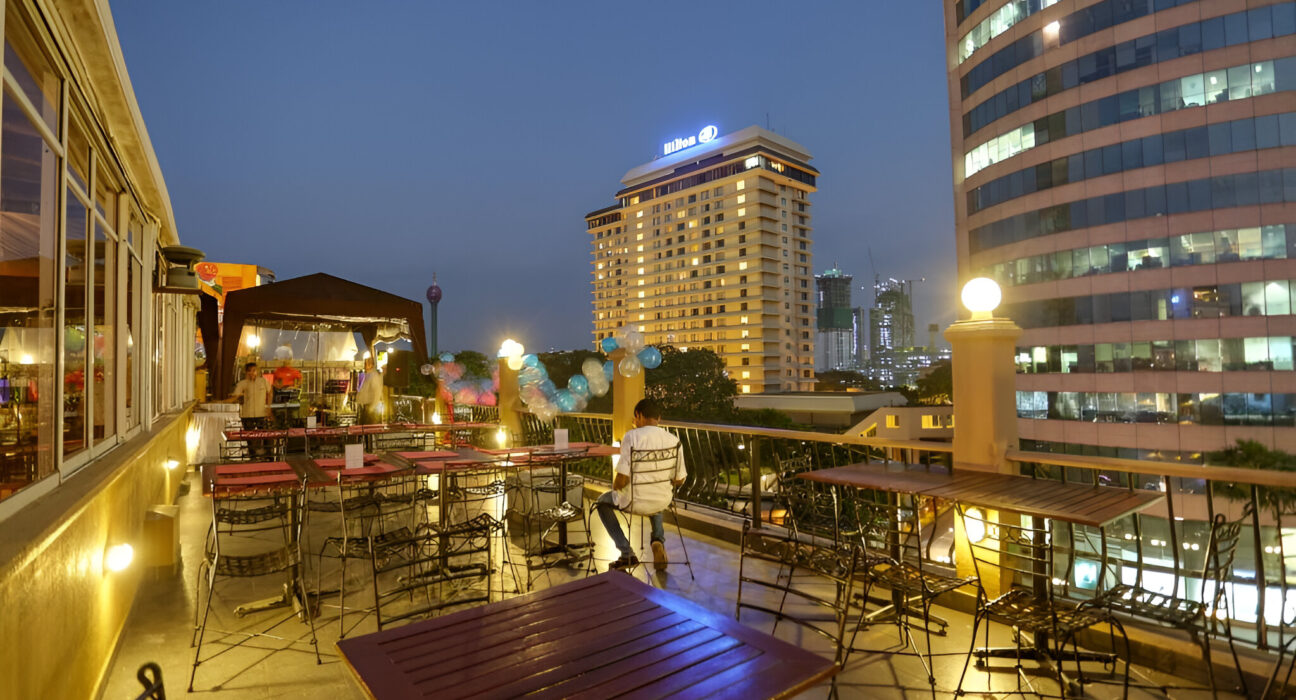The Sri Lankan tourism industry faces a wave of controversy as proposals to enforce minimum room rates (MRR) nationwide meet resistance from industry veterans. Chandana Amaradasa, Chairman of Island Leisure and a tourism veteran of over 30 years, strongly condemns the move, arguing that it will cripple the sector.
Amaradasa highlights the devastating impact MRR has already had on the Meetings, Incentives, Conferences, and Exhibitions (MICE) industry. He points to the cancellation of several major conferences in Colombo, with destinations like Malaysia and Thailand now reaping the benefits. He emphasizes that market forces, not “aging travel sector association heads,” should dictate room rates. This is a clear jab at those advocating for MRR, implying they are out of touch with current trends.
Further criticism stems from the President’s own stance. Amaradasa finds it baffling that Sri Lanka Tourism persists with MRR expansion despite President Ranil Wickremesinghe’s condemnation at the recent Hotels Association AGM.
Adding to the concerns is the outdated state of the tourism industry’s vehicle fleet. Amaradasa argues that attracting high-end tourists with old vehicles is a losing strategy. He urges authorities to address this critical transportation issue by facilitating the import of newer vehicles, crucial for handling anticipated tourist influxes.
On a more positive note, Amaradasa acknowledges the recent delay of the Parate execution as a welcome reprieve for the industry. He adds that low-interest donor funding is urgently needed to help businesses recover from loan burdens.
However, the situation remains complex. When contacted, Sri Lanka Convention Bureau Chairman Thisum Jayasuriya presents a contrasting perspective. He claims there’s industry support for nationwide MRR implementation, while acknowledging both potential benefits and drawbacks. This lack of consensus highlights the ongoing debate within the industry itself.
In conclusion, Sri Lanka’s tourism industry navigates a challenging landscape. The proposed nationwide MRR and outdated vehicles pose significant threats, while the President’s opposition and industry support for MRR create a confusing picture. Addressing these issues and ensuring a modern, well-equipped tourism sector will be crucial for Sri Lanka to attract visitors and revive its tourism industry.
